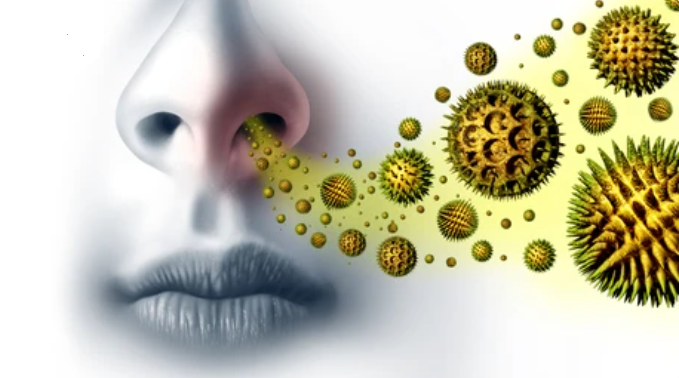How does the Flixonase work
- Contains Fluticasone, the nasal spray used to prevent the various symptoms of allergic rhinitis.
- Fluticasone, the main ingredient of Flixonase, works by blocking the controlling the production of prostaglandins and another chemical which is the main reason for inflammation. The primary function of this ingredient is to reduce inflammation and relieve itching. Constricting the blood vessels also helps to relieve the congestion.
- The nasal spray belongs to the group of medicines called corticosteroids
Benefits of the nasal spray
- The nasal spray can prevent the symptoms like runny and stuffy nose, too much sneezing, and excessive itching.
- Besides these, it can prevent conditions like seasonal or year-round allergic rhinitis and other types of allergies, which usually cause various symptoms in the nose.
- The Nasal spray comes with brand names such as Flixonase, Flonase, and Veramyst. Flixonase is perfect for adults and kids above four years; it cannot be prescribed for children below four.
- Fluticasone strongly relates to glucocorticoid receptors, which means it has a low salt and water retention capacity. Therefore, taking this medicine will reduce the chances of high blood pressure, low potassium levels, and high blood pressure
- The nasal spray can be used long or short-term.
- It is the first-acting drug and can work very quickly and directly while preventing all symptoms.
Warning and precautions of the medicines
- You need to take the dose according to the doctor’s prescription; once or twice daily is the perfect dose.
- You have to remember you should not exceed a dose of two sprays per nostril daily.
- The fluticasone nasal spray works effectively against all the symptoms of allergic rhinitis, but you have to use it regularly, don’t skip the dose.
- Before using, Shake the bottle well and release at least 6 sprays into the air.
- If you want to get the full effect, you need to take it for a long time. After several days, all symptoms will be removed perfectly. If you complete the dose, there is no chance to return. You will need to take an antihistamine until the effect of Flixonase is felt.
- If you cannot get the proper response after long-term use, you must contact your physician again. But you cannot exceed the dose than the recommended dosage.
- You should avoid the eyes or in your mouth while spraying fluticasone nasal spray.
- Also, inform your doctor if you will find any change in your vision while getting the medicine. The same goes if you experience a rash or allergic reaction during the nasal spray treatment.
- You should avoid the nasal spray with recent nasal surgery, nasal trauma, or any current infection in the nose.
Response and effectiveness of the medicine
This nasal spray is such type of medicine that can be absorbed very quickly through the nasal tissues. However, it does not create any immediate effect while treating rhinitis symptoms. It usually takes several days to give the complete result.
Downsides of Flixonase Nasal Spray
Patients between 18 and 60 years of age can take medicine, but they have to confirm that they do not take any other medication or do not have any medical condition. Otherwise, you are more likely have a chance to experience the following side effects:
- Nosebleeds, headache, nasal ulceration, nausea, sore throat, cough, and nasal burning or itching.
- Sometimes, nasal perforation can occur after using Flixonase 50 mcg. Long-term use of the medicine may lower the immunity system’s capacity, increasing the risk of developing an infection in the nose.
- Glaucoma and cataracts can occur after using this nasal corticosteroid use. So it is essential to avoid spraying the spray near the eye area.
- Using the nasal spray can create different viral infections, including chickenpox, measles, and other types of infections in the nasal or other areas of the body.
- Long-term use of the medicine can reduce the growth rate of a child
- It is unsuitable for people with weak immune systems with certain types of allergies, specific allergies, active infections, and other health conditions.

